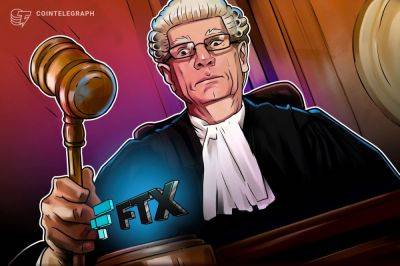Redefining Money: America’s digital currency dilemma
On Wednesday, Sept. 20, the United States House Financial Services Committee marked up two bills to curb the issuance of a central bank digital currency (CBDC). One of the bills would stop the Federal Reserve from running any test programs on CBDCs without congressional approval, while the other would stop federal banks from using CBDCs for some services and products.
The principal political adversaries to a digital dollar are heavyweights such as Robert F. Kennedy Jr. and Florida governor Ron DeSantis, who have thrown their hats into the ring to become president a year from November.
In July, DeSantis said that CBDCs would never happen under his administration, citing concerns over consumers losing power over their own money. Kennedy, on the other hand, a known proponent of Bitcoin, is rallying against the digital dollar as it will “vastly magnify the government’s power to suffocate dissent by cutting off access to funds with a keystroke.“
No CBDC in Florida https://t.co/p9pwSTmrlN
In May, Cointelegraph reported that according to its own research, more than 130 countries were at some stage of research into a CBDC, and only eight had rejected the idea outright. These countries are diverse, from France and Switzerland to Haiti and Bhutan. So, the question must be asked: Why would a country like the United States be so opposed to having its own digital currency?
The idea of a CBDC in itself is nothing too taxing. In essence, digital dollars would be based on blockchain technology rather than having traditional dollars moving around between accounts. That would dramatically decrease transfer times, cut fees, and do away with the “middlemen” — the intermediaries along the way who slow things down and take a cut for themselves.
Read more on cointelegraph.com






















